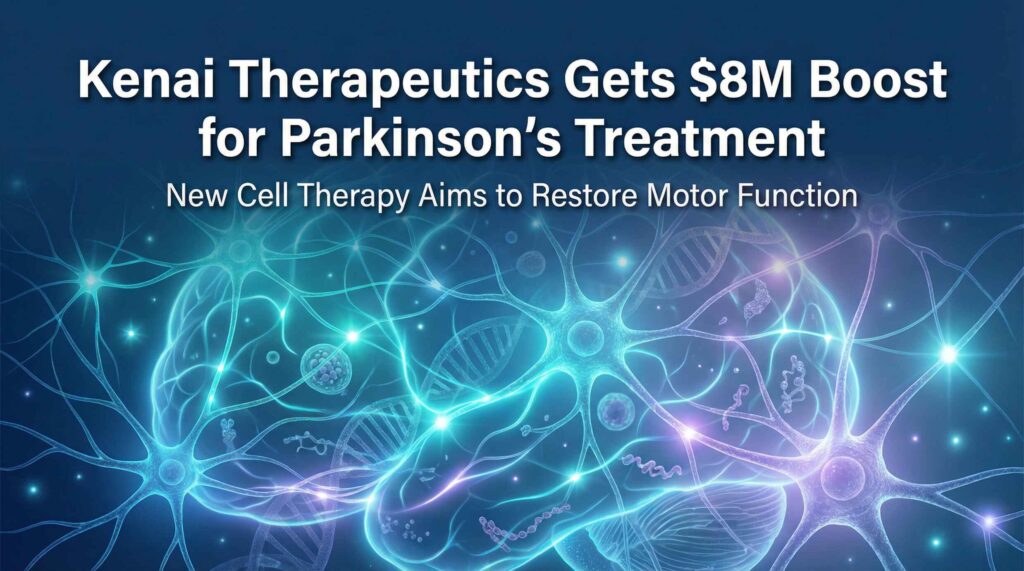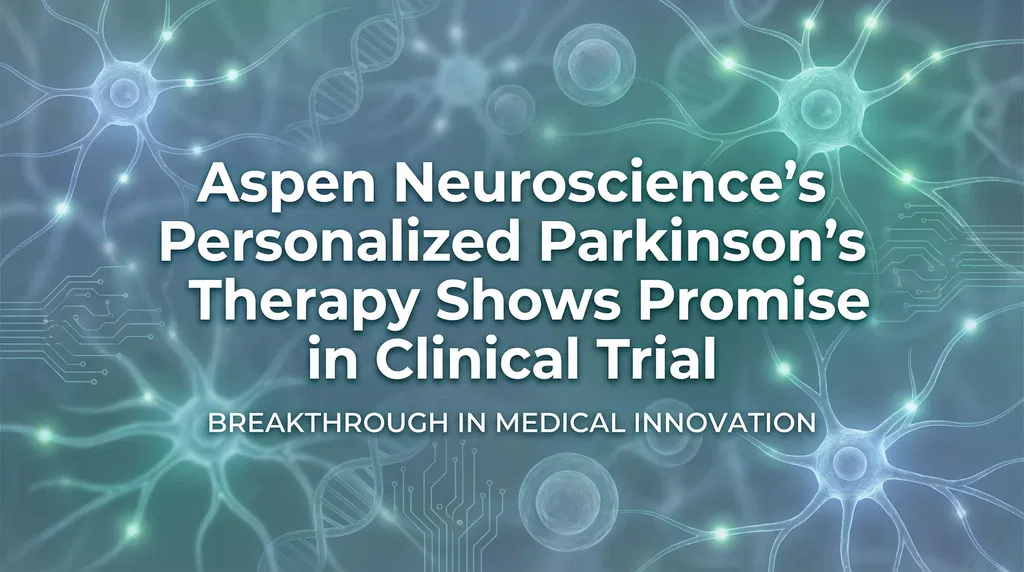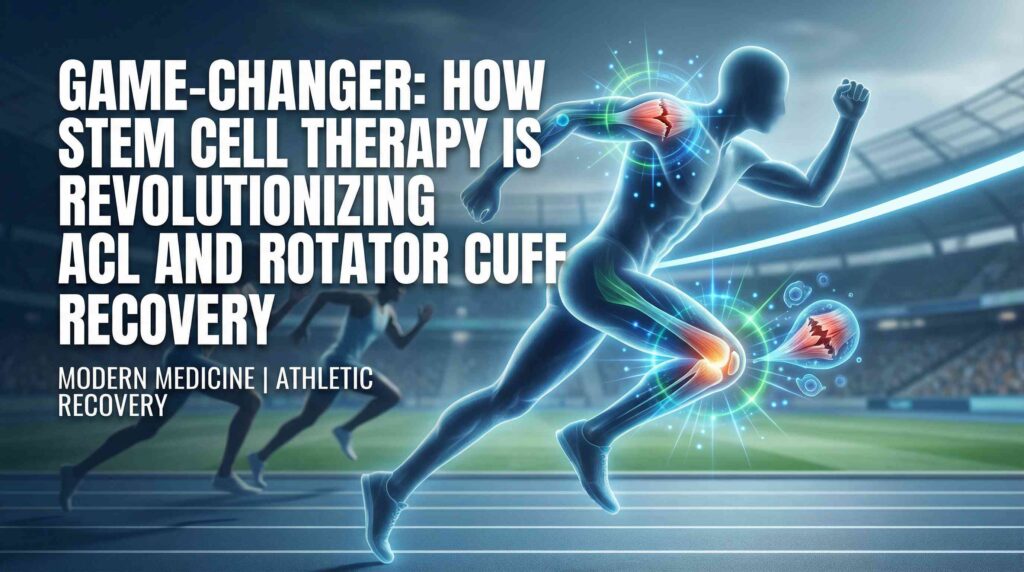A study led by UC Riverside explored how adult stem cells maintain their ability to renew, a process critical for tissue repair and regeneration.
Researchers discovered that helper proteins called histone chaperones are essential for properly organizing DNA and ensuring stem cells remain in their undifferentiated state.
When these chaperones are disrupted, the stem cells lose their renewal capacity and begin to mature into specific cell types, such as blood cells.
This finding suggests that manipulating these chaperones could potentially be used to guide stem cells for therapeutic purposes aimed at treating injuries, diseases, or aging.
Listen to our latest podcast episode for more details:



